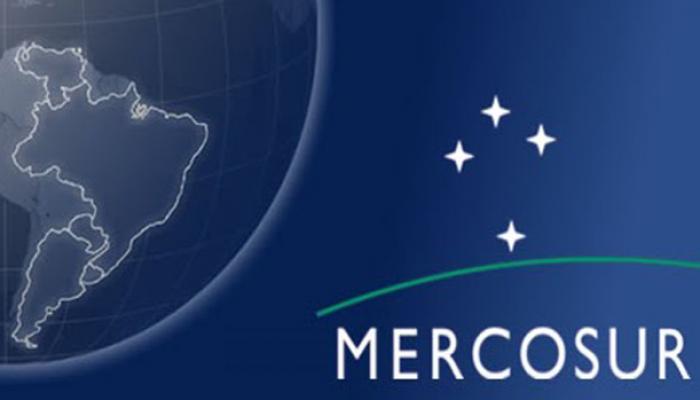Buenos Aires, September 15 (RHC)-- In an rift between the continent's left and right governments, the South American sub-regional trading bloc MERCOSUR, has issued an ultimatum to Venezuela saying it must fulfill “its obligations” by December 1st or face suspension from the organization.
According to the statement published on the foreign ministry websites of Brazil, Paraguay and Argentina, the group accused Venezuela of "not incorporated essential MERCOSUR rules into their national legislation." The statement says: "For this reason, it was decided to grant an additional period to the Bolivarian Republic of Venezuela to comply with the obligations under its Protocol of Accession to MERCOSUR."
Although the communique stated that this was "consensus reached by Argentina, Brazil, Paraguay and Uruguay," Uruguay abstained from the vote. The conservative governments of Argentina, Brazil, and Paraguay blocked Venezuela's socialist government from assuming MERCOSUR’s pro-tempore presidency on August 1, after it was handed over by Uruguay, in a line of succession that has traditionally adhered to alphabetical order.
But in assuming temporary control of MERCOSUR, the trio claimed that Venezuela’s move to assume the role was “self-proclaimed.” Uruguay attempted to mediate the disagreement that has laid bare the clear political divides in the regional bloc that has recently shifted to be dominated by right-wing governments.
Brazil’s Foreign Minister Jose Serra, a former presidential candidate installed along with unelected President Michel Temer following upon the removal from office of ousted President Dilma Rousseff August 31, said in a statement late Tuesday that Venezuela has missed its four-year time-frame to satisfy all of MERCOSUR protocols since joining the bloc in 2012. The four founding member states will temporarily take up the presidency until a long-term solution is set.
In recent months, Paraguay’s President Horacio Cartes has ratcheted up his opposition to Venezuela and called on the Organization of American States to invoke its so-called "Democratic Charter" against the country, which could have lead to its suspension. Argentina’s President Mauricio Macri vowed to seek Venezuela’s suspension from MERCOSUR immediately after he was elected late last year, but later backtracked amid a lack of regional support from Uruguay and Brazil's President Dilma Rousseff, who was removed from office last month in what has widely been condemned as a coup.
Temer, her unelected successor, and his administration has been one of the driving forces behind blocking Venezuela’s participation in MERCOSUR. Uruguayan Foreign Minister Rodolfo Novoa even accused his Brazilian counterparts of attempting to sway Uruguay’s position on Venezuela with a bribe.
In his statement, Brazil’s Serra justified the ultimatum against Venezuela claiming it aimed to “preserve and strengthen Mercosur.” Venezuela has had icy relations with Brazil since the removal of Rousseff from office, which the socialist nation and its allies in the region have condemned as a parliamentary coup. President Nicolas Maduro recalled Venezuela’s ambassador in Brasilia upon Rousseff’s impeachment, freezing bilateral ties with its neighbor.
Rising political tensions in Venezuela in recent months centered around opposition demands for a recall referendum against Maduro have sparked condemnation among the country’s critics in the region.
MERCOSUR is made up of Argentina, Brazil, Paraguay, Uruguay, and Venezuela as full members as well as five associate members, which are Bolivia, Chile, Peru, Colombia, Ecuador, and Suriname.
MERCOSUR Threatens Venezuela Suspension on Technical Grounds

Related Articles
Commentaries
MAKE A COMMENT
All fields requiredMore Views
- Trump receives a morbid gift from Israeli prime minister during visit to the White House
- Cuban troubadour Eduardo Sosa in critical condition after suffering hemorrhagic stroke
- Show of support for Cuba continues amid its inclusion on illegal U.S. list
- ALBA-TCP strengthens regional integration with new agreements at XII Extraordinary Summit
- ICE agents in Colorado go door-to-door demanding IDs and asking people to turn in their neighbors

